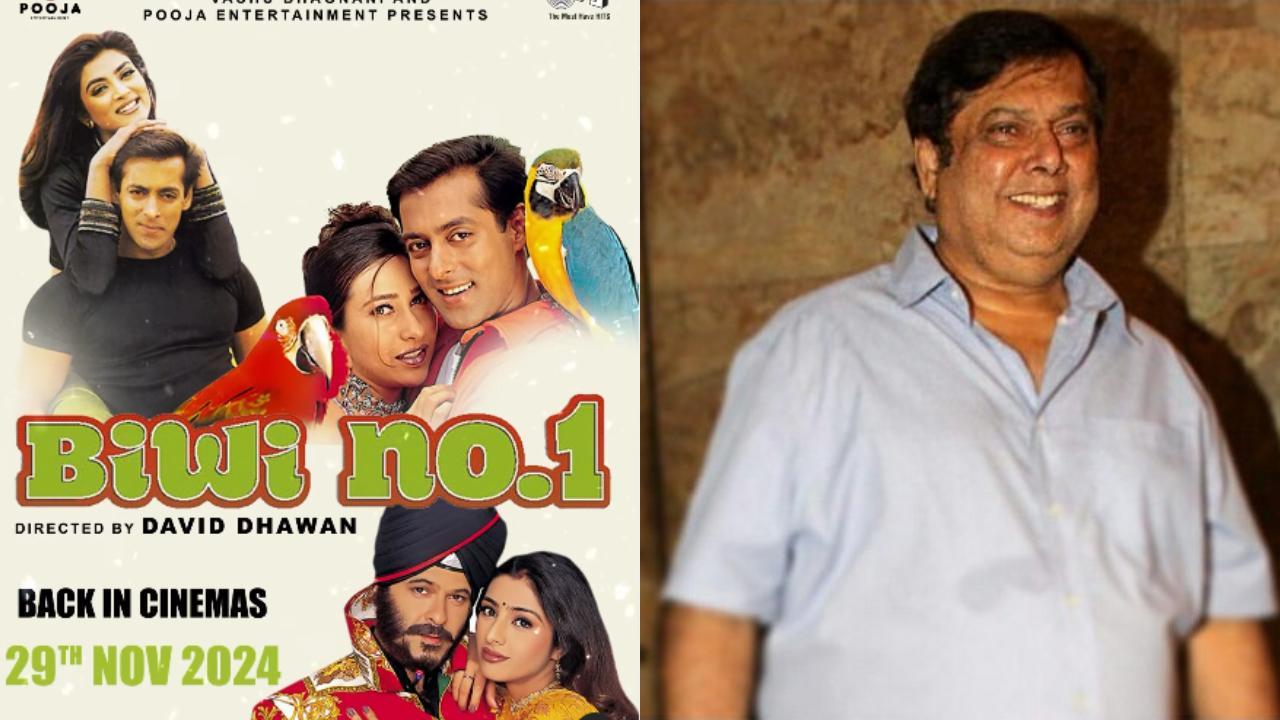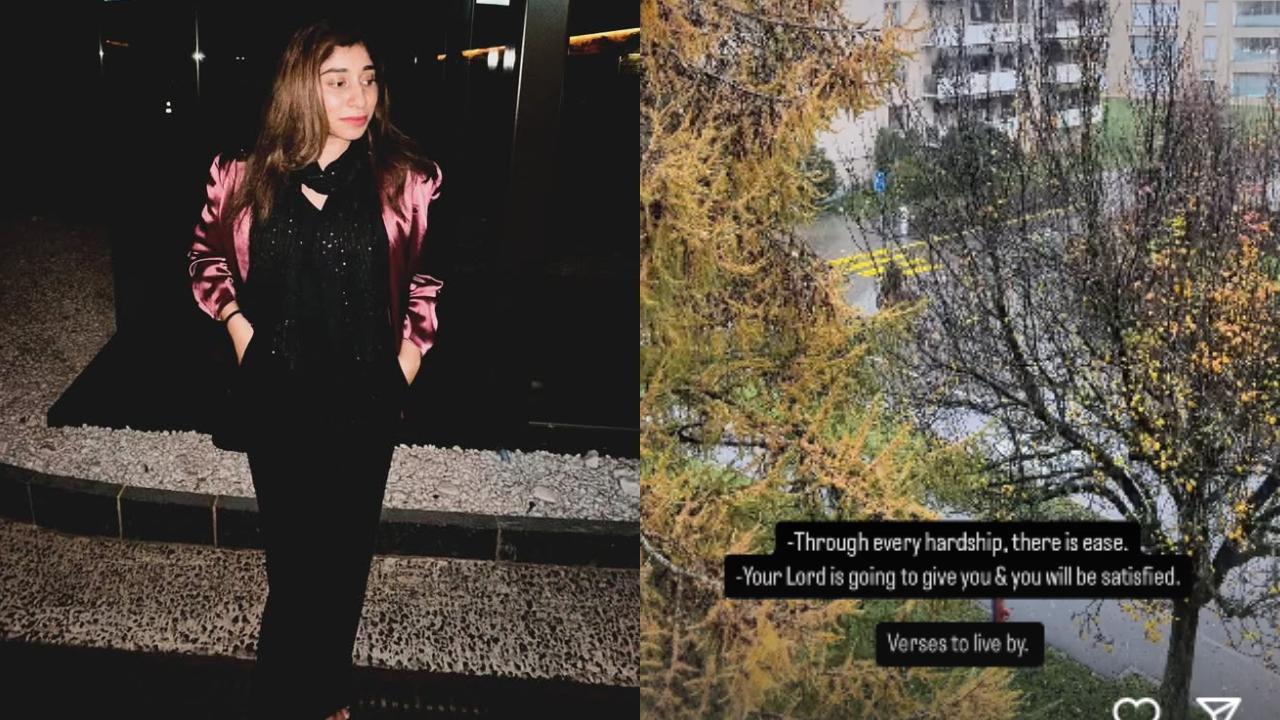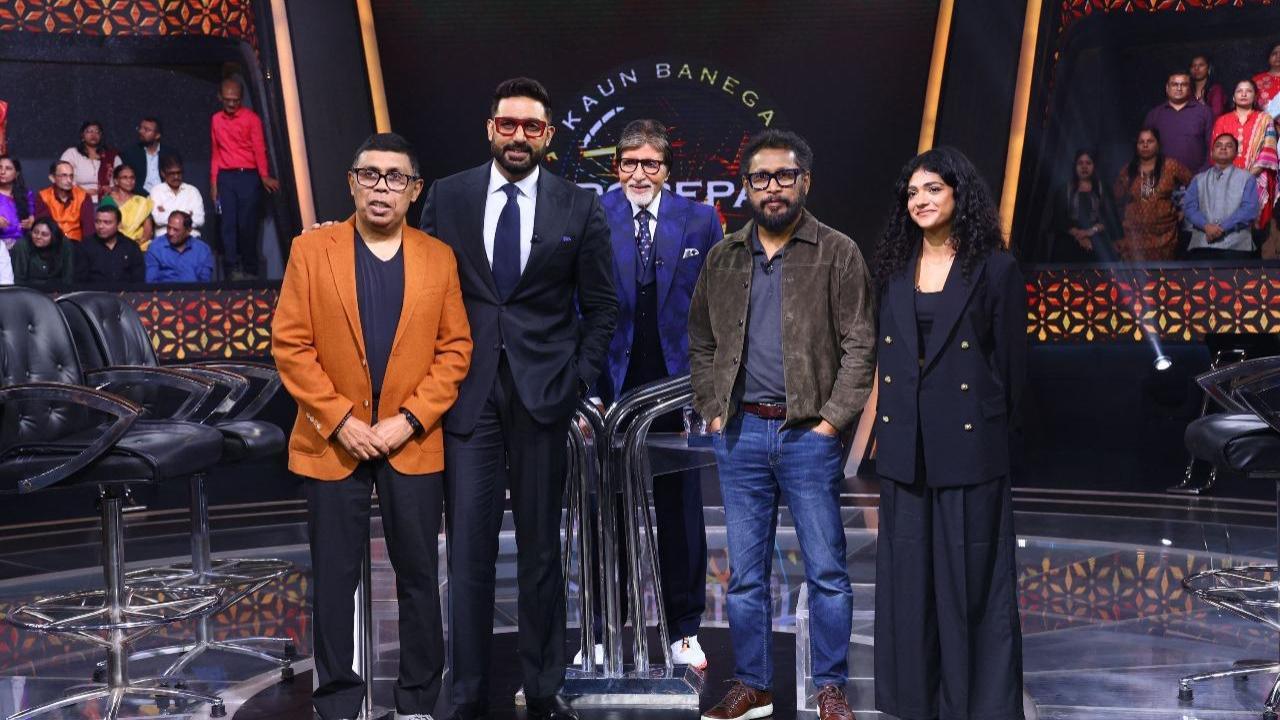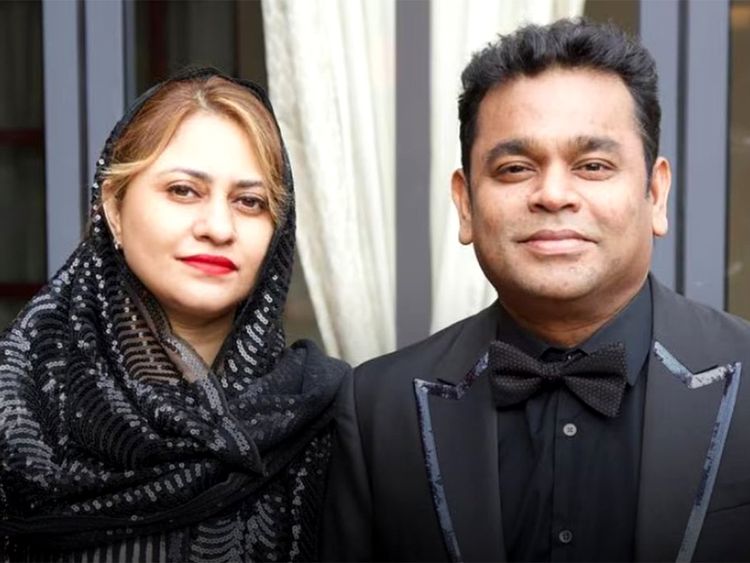
Kim Hae-il (played by Kim Nam-gil, left), the protagonist of the drama "The Fiery Priest" Season 2, punches a gangster. Courtessy of SBS By KTimes SBS TV’s "The Fiery Priest" Season 2 is sparking renewed discussion about the portrayal of vigilante justice and societal accountability in K-dramas. Centered on the unconventional and comedic exploits of Father Kim Hae-il (played by Kim Nam-gil), a former intelligence agent turned Catholic priest, the series has drawn keen attention for its mix of humor, social critique and vigilante themes.
With its first episode earning an impressive 11.9 percent viewership rating — marking the highest premiere for a mini-series on terrestrial TV this year — the drama reflects the anticipation built over the 5 years since the original "The Fiery Priest" aired in 2019. However, the series’ blend of over-the-top comedy and pointed social commentary has drawn both praise and critique online.
Detective Gu Dae-young (played by Kim Sung-kyun) dressed as the panda Fu Bao in the drama "The Fiery Priest" Season 2 / Courtesy of SBS. Comedy meets social critique While "The Fiery Priest" Season 2 is packed with parodies and ad-libs that lighten its serious undertones, it doesn’t shy away from addressing societal issues. The story delves into the spread of drug crimes targeting students, as Father Kim investigates the case of a middle schooler forced to take drugs.
The show also tackles the rising culture of online "witch hunts," with the priest delivering sharp criticism to students spreading false information: "Are you happy to find someone to tear down? That kind of blind condemnation is just another addiction." The drama’s supporting characters also highlight marginalized voices. From a convenience store clerk who rises to become a franchise owner to a foreign food delivery worker turned hero, "The Fiery Priest" champions everyday citizens stepping up to enact justice where institutional systems fall short.
Private justice in K-dramas: shifting protagonists Recent K-dramas, including the new season of "The Fiery Priest," signal a shift in how private justice is portrayed. In "The Glory" (2022-23), it was the victim taking revenge. In "I, The Executioner" (Veteran 2, 2024), it was the police.
Now, shows like "The Judge From Hell (2024) and "The Fiery Priest" Season 2 introduce figures as varied as demons and naturalized foreigners as agents of justice. Cultural critic Gong Hee-jung attributes this trend to growing public distrust in institutional authority. "The inclusion of even a demon as an enforcer of private justice reflects deepening skepticism toward the justice system," she said.
"The involvement of naturalized foreigners further underscores societal fears about the fragility of communal values." Protagonists of private justice in dramas and films. From left: Park Shin-hye in the drama "The Judge from Hell," Jung Hae-in in the film "I, The Executioner," and Song Hye-kyo in the drama "The Glory.
" Courtesy of CJ ENM and Netflix Private justice or glorified revenge? The rise of private justice in Korean entertainment has sparked concerns about its impact on societal attitudes. Critics argue that glorifying vigilantism risks undermining legal systems and promoting hate. For instance, "The Judge From Hell" faced backlash for portraying gruesome punishments as acts of "real justice," leaving viewers uneasy.
On the other hand, creators are also exploring alternatives to private justice. The recent drama "Death to Snow White: Black Out" avoided revenge tropes, opting instead to depict a protagonist wrongly accused of murder who chooses not to retaliate after his release. Director Byun Young-joo said, "I believe self-reliant justice that bypasses the law is dangerous.
We deliberately shaped the character’s actions to avoid suggesting vigilante solutions." K-dramas like "The Fiery Priest" offer catharsis by addressing societal grievances with humor and creative storytelling. However, as private justice continues to dominate K-content, creators and audiences alike are grappling with its broader implications, from reinforcing distrust in public institutions to shaping societal values.
As the conversation evolves, so too does the responsibility of storytellers to balance entertainment with thoughtful commentary on justice and accountability. Go Jung-woo (played by Byun Yo-han), who served 10 years for a wrongful murder conviction, returns to his neighborhood without seeking revenge in the drama "Death to Snow White: Black Out." Courtesy of MBC This article from the Hankook Ilbo, a sister publication of The Korea Times, is translated by a generative AI and edited by The Korea Times.
.














